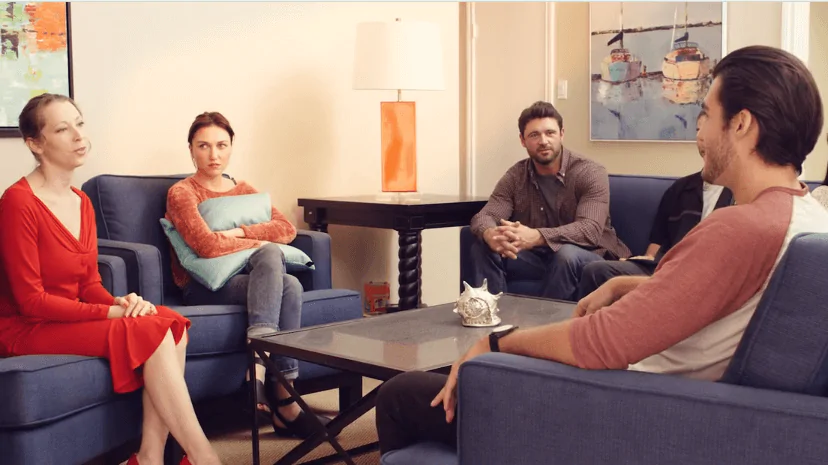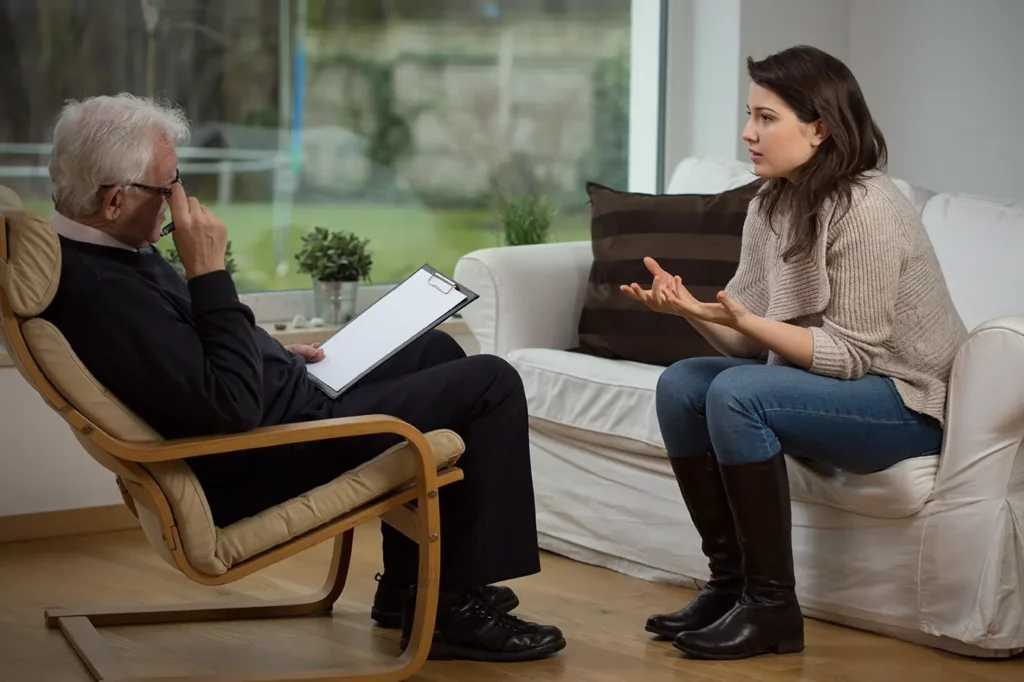24/7 Helpline:
(866) 899-111424/7 Helpline:
(866) 899-1114
Learn more about Bipolar Disorder Treatment centers in Park Rapids
Bipolar Disorder Treatment in Other Cities
Other Categories in Park Rapids

Other Insurance Options

Health Net

Lucent

Molina Healthcare

Holman Group

Evernorth

Choice Care Network

UnitedHealth Group

BlueShield

BHS | Behavioral Health Systems

Multiplan

UMR

AllWell

Humana

Access to Recovery (ATR) Voucher

Sliding scale payment assistance

Regence

WellPoint

Anthem

American Behavioral

Horizon Healthcare Service































Pine Manor Chemical Dependency Services
Pine Manor Chemical Dependency Center is a drug and alcohol addiction treatment center located in Ne...














